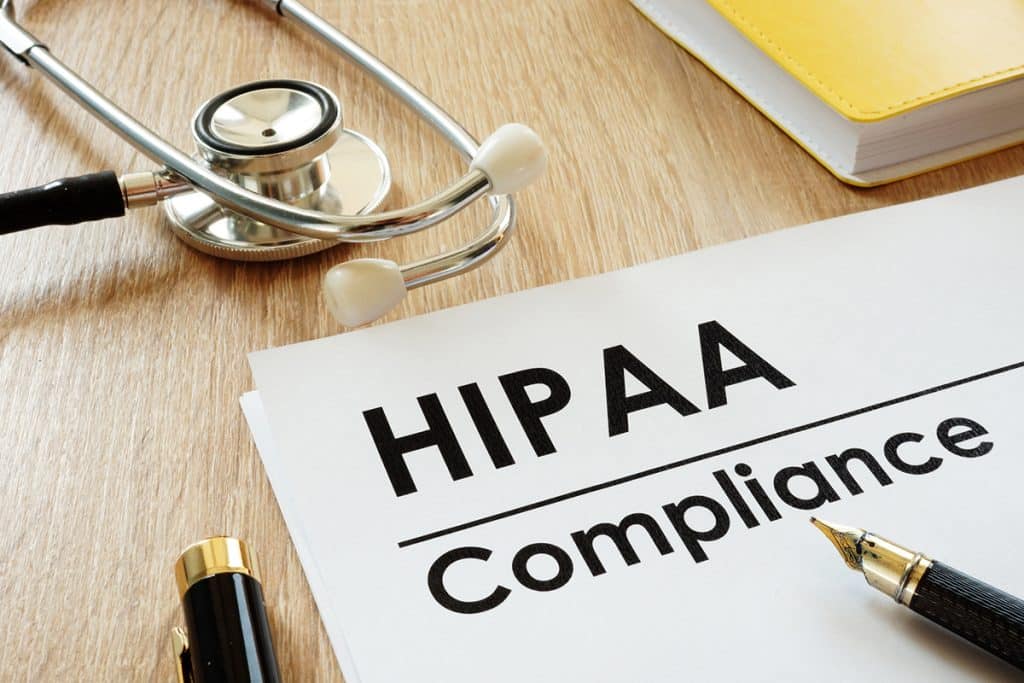Ensuring HIPAA Compliance for Dental Practices Outsourcing ePHI in an Era of Breaches

Dental practices are facing unprecedented scrutiny for HIPAA compliance. With cyberattacks on healthcare providers rising significantly in 2025, the Office for Civil Rights (OCR) has already announced 18 settlements and civil monetary penalties by mid-year, which is a record level of enforcement activity. For practices that outsource essential functions such as insurance processing, billing, IT support, and EHR management, these developments highlight the legal stakes. Any vendor handling electronic protected health information (ePHI) on behalf of a covered dental practice is considered a business associate, and the relationship between the two must be supported by a compliant Business Associate Agreement (BAA). BAAs are not just routine contracts, they are critical legal tools that allocate responsibility, ensure vendor accountability, and document due diligence for regulators.
The proposed HIPAA Security Rule updates, published in January 2025, aim to strengthen protections for ePHI across administrative, physical, and technical safeguards. While the proposals cover both covered entities and business associates, they include important modifications specific to covered entity-business associate relationships. These changes focus on enhancing accountability, improving reporting, and ensuring contractual obligations flow through all levels of outsourcing. For dental practices, this is a clear signal to review BAAs and vendor relationships now, even though it remains uncertain whether the proposed rule will ultimately be finalized.
The proposed rule emphasizes that BAAs must explicitly require business associates to comply with all applicable Security Rule requirements, including risk analysis, encryption, multi-factor authentication, and vulnerability management. Business associates are also expected to ensure that any subcontractors handling ePHI enter into equivalent agreements, reinforcing a chain of accountability throughout all layers of outsourcing. This addresses a common enforcement issue: breaches originating from subcontracted services such as billing platforms or IT vendors.
Reporting obligations are also expanded under the proposed rule. Business associates must continue to report security incidents, including breaches of unsecured ePHI, to the covered entity. Additionally, any activation of contingency plans, such as for disaster recovery or emergency operations, must be reported to the covered entity within 24 hours. This ensures that dental practices are promptly aware of disruptions that could impact ePHI security or availability, helping to prevent regulatory exposure and mitigate potential damage.
To facilitate implementation, a temporary transition period is expected, allowing pre-existing BAAs to remain valid under the prior Security Rule. While this timeline recognizes administrative challenges, it underscores the need for proactive review and timely updates of all agreements.
Given the record OCR enforcement activity in 2025 and the proposed Security Rule updates, BAAs have never been more critical. They define vendor responsibilities, flow obligations to subcontractors, and document due diligence in the event of an audit or breach investigation. Even though it is not yet certain whether the proposed rule will be finalized, dental practices should act now. Practices should work with their IT teams to implement additional or tightened safeguards, and their attorneys to review all BAAs, update agreements to reflect Security Rule standards, ensure subcontractor accountability, and establish clear reporting procedures for breaches and contingency plan activations. Maintaining documentation of risk assessments, staff training, access controls, encryption, and incident response plans further demonstrates proactive oversight and strengthens compliance. By taking these steps now, dental practices can protect ePHI, reduce legal risk, and safeguard the practice in an increasingly challenging regulatory environment, regardless of the final rule’s outcome.

